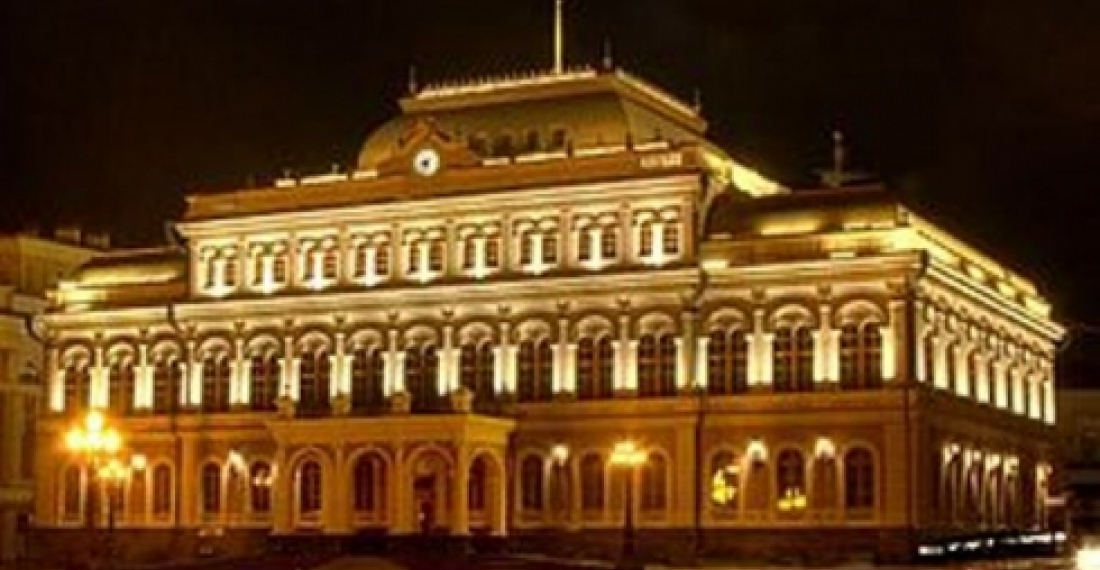The Presidents of Armenia and Azerbaijan are visiting Europe this week on the eve of the crucial summit between them, together with the President of Russia, scheduled to be held in the city of Kazan on Saturday.
The diplomatic world is buzzing with speculation that the meeting in Kazan may result in a breakthrough in the long negotiations on resolving the conflict between the two countries over Nagorno-Karabakh. An uneasy cease-fire between the two countries has been in effect since 1994, but despite many efforts peace negotiations have failed to yield positive results.
Kazan may provide the last chance for the current negotiatiating format, which is led by France, the United States and Russia, known as the Minsk Group. Since 2008 Russia has played the role of "first amongst equals" in this troika, and the Russian President Dimitri Medvedev has invested a lot of time and personal political prestige in the process.
Realistically what can be achieved in Kazan is only symbolic. The two sides may agree on the set of principles that have been under discussion for a number of years. This will open the way for more negotiations around a detailed peace plan. It is also hoped that if there is agreement on the principles this would defuse the tense situation on the line of control, enable confidence building measures to be implemented, and start the long and arduous road to peace.
Agreement on the principles will not be easy, since Azerbaijan's demands for territorial integrity need to be reconciled with Armenia's demands for self determination for the people of Karabakh. Some say that the two principles are not reconcilable and that discussing these basic principles as a prerequisite has been a false strategy. However diplomats are now hopeful that they have been able to find language that is ambiguous enough to be accepted by both sides.
The stakes are high and failure may increase further the tensions on the cease fire line. Diplomats therefore talk of "hope" and "expectations", but experience of the negotiations has taught them not to talk of "optimism".
Report prepared by commonspace.eu editorial team







